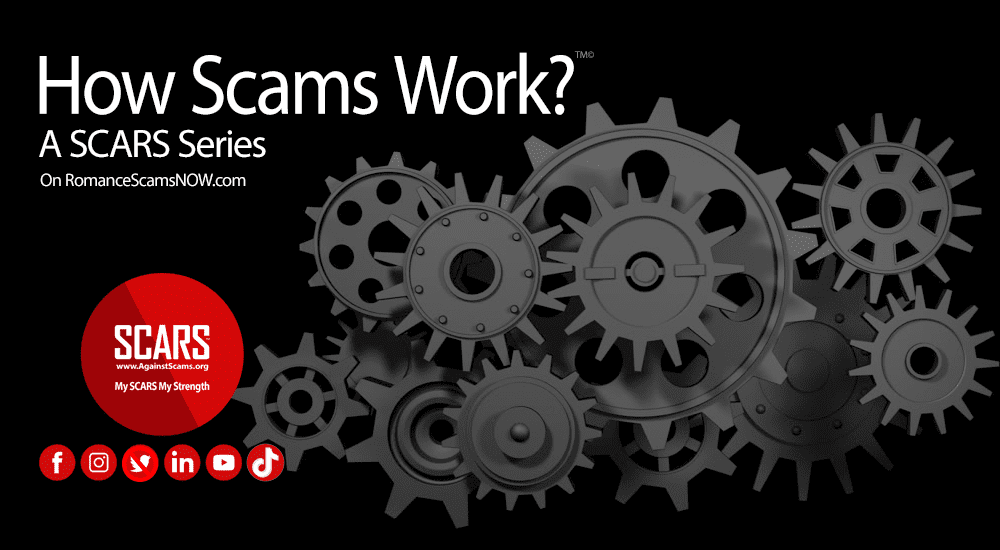Social Media Scams Come In Every Imaginable Kind! This IS Just One More!
In this case, scammers are using social media platforms and banking apps to solicit large sums of cash from victims.
This is very similar to Pig Butchering scams.
Money Flipping
Social media companies are seeing a series of legitimate accounts being hijacked by scammers advertising unrealistic money-flipping opportunities.
These fraudsters claim they will exponentially increase a victim’s funds once provided via Cash App. These scammers will often have legitimate-looking profiles displaying strangers with large sums of cash resulting from their participation in these fraudulent investments.
Do not be confused, these are not traditional romance scams or ever Pig Butchering scams, they do not depend on a romantic interest in the scammers to trigger the trust. However, these are definitely impersonation scams.
How It is Implemented
- Scammers contact the victim directly via private messenger, often using accounts stolen from the victim’s friends.
- The scammers will offer returns larger than the victim’s investment at no interest and no risk.
- If the victim sends money, communications are either ceased or scammers will send fake Cash App screenshots indicating the victim’s money has already increased.
- They then request more money with the promise of more returns that the victim will never see.
- If the victim sent money or not, the scammers often suggest money is pending in the victim’s Cash App account but requires replacing the email address connected to the victim’s social media account with one provided by the scammers.
- Once done, the scammers reset the password and take control of the account.
- Once they have control, the cycle continues, now against the victim’s followers, friends, or family.
Means Of Defense
Use dual-factor authentication (DFA) or multi-factor authentication (MFA) when available (almost all social media platforms offer it). Though many find this inconvenient, having DFA prevents accounts from being hijacked simply by email reset. This helps prevent many forms of account hijacking and can also alert users of hijack attempts.
Do not change your account information based on outside requests. There is no legitimate reason to change your account information to that of someone else’s. Cash App is not locked by social media settings and anyone that attempts to convince you otherwise is likely attempting to gain access to your information. Be cautious.
Do not click on links and verify who you’re conversing with. If you are having an unusual conversation with someone on social media and they attempt to solicit money or account information, question this and give them a phone call. Talk to your friends live, ask questions, be skeptical, and do not click on links as they may be directing you to a malicious webpage. Online, anyone can be anyone else. Trust, but verify. If the money transfer application has a security pin feature that requires PIN entry before authorizing a transfer, use it!




Leave A Comment